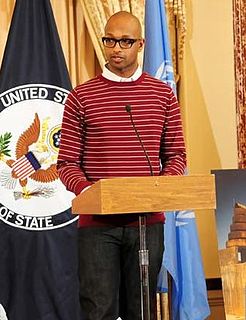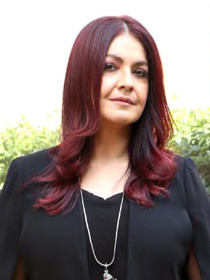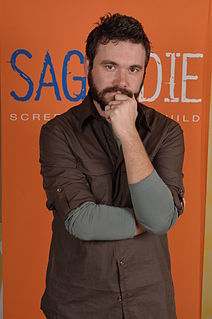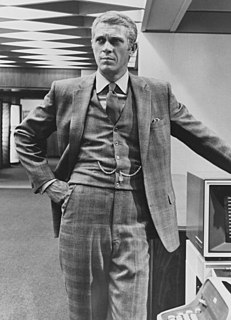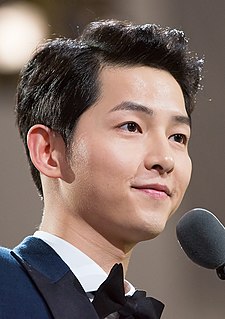A Quote by Andrea Riseborough
When I was little, I would always try and look into the television screen along the sides. I kept thinking if you looked in there, you could see what was happening off camera.
Related Quotes
I don't like to put too much effort into things. I find that once you get involved with special effects it is no longer about what is happening in front of the camera and I really want to concentrate on what is happening in front of the camera, like the man apparently peeing on the surface of the screen.
Would it be possible for me to see something from up there?" asked Milo politely. "You could," said Alec, "but only if you try very hard to look at things as an adult does." Milo tried as hard as he could, and, as he did, his feet floated slowly off the ground until he was standing in the air next to Alex Bings. He looked around very quickly and, an instant later, crashed back down to the earth again. "Interesting, wasn't it?" asked Alex. "Yes, it was," agreed Milo, rubbing his head and dusting himself off, "but I think I'll continue to see things as a child. It's not so far to fall.
I wished there was some kind of switch on my brain. That I could turn it off in the same way that I could turn off the television. Just click it off and immediately empty my mind of all these images and worrying thoughts. And simply leave a blank screen. Or if I could just remove my head and put it on the bedside table and forget about it until morning. And then attach it again when I needed it.
I would have done anything for him. Maybe that was my sickness. We made love in nothing places and turned the lights off. It felt like crying. We could not look at each other. It always had to be from behind. Like that first time. And I knew he wasn't thinking of me. He squeezed my sides so hard, and pushed so hard. Like he was trying to push me through to somewhere else. Why does anyone ever make love?
Television is our culture's principal mode of knowing about itself. Therefore -- and this is the critical point -- how television stages the world becomes the model for how the world is properly to be staged. It is not merely that on the television screen entertainment is the metaphor for all discourse. It is that off the screen the same metaphor prevails. (92)
If intelligence were a television set, it would be an early black-and-white model with poor reception, so that much of the picture was gray and the figures on the screen were snowy and indistinct. You could fiddle with the knobs all you wanted, but unless you were careful, what you would see often depended more on what you expected or hoped to see than on what was really there.
Film, television, and working with a camera is such an intimate art form that if a camera is right on you, and I've got your face filling the screen, you have to be real. If you do anything that is fake, you're not going to get away with it, because the camera is right there, and the story is being told in a very real way.

